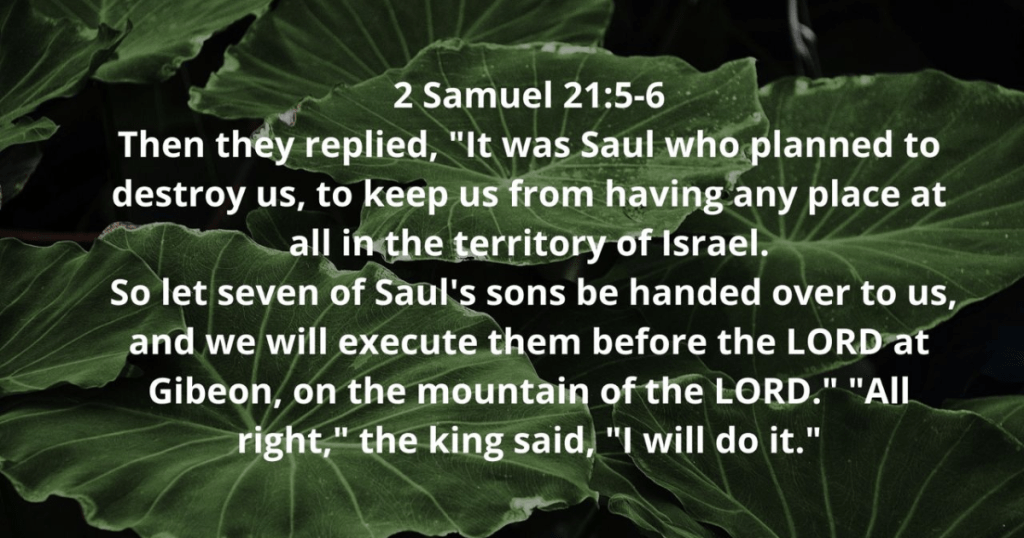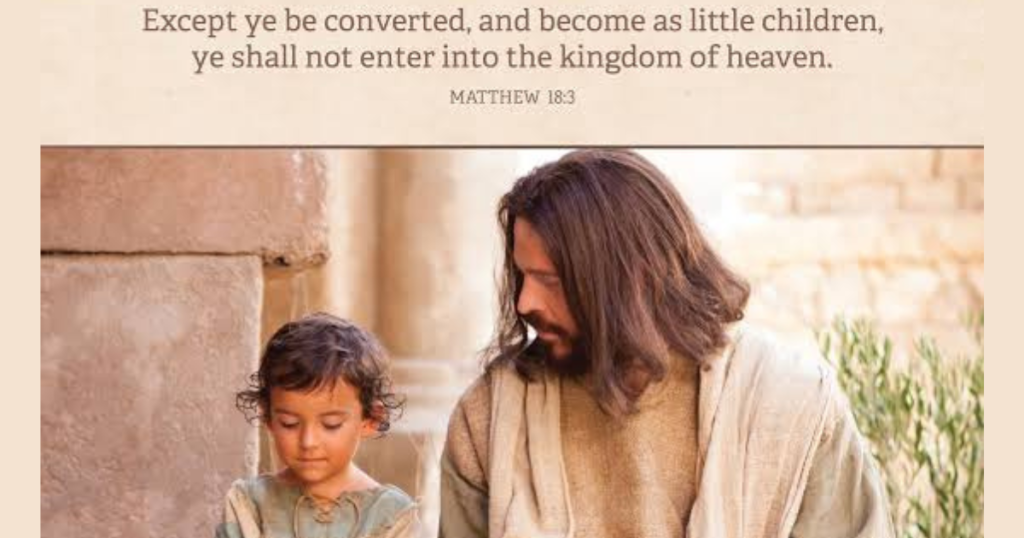"Here am I, and the children the LORD has given me. We are signs and symbols in Israel from the LORD Almighty, who dwells on Mount Zion." – Isaiah 8:18
As a young girl, I often prayed words like, “God, use me and my children…”
When I came across these words of Isaiah, it felt like the perfect expression of my deepest, longest-held desire. So, I prayed it over myself and my unborn children even more fervently, not fully grasping the weight of those words. Like many believers, I never paused to truly understand the depth of those words.
Growing up in a Catholic home, I was often drawn to prayers of consecration. One in particular stood out to me, so much so that when my son began to talk, I started teaching it to him:
“Jesus, I love You; all I have is Yours. Yours I am, Yours I want to be. Do with me whatever You will.”
Those words always made me feel deeply connected to God. And though I am no longer Catholic, I still cherish them because they capture the very essence of Isaiah’s declaration.
Isaiah’s Prophetic Declaration
Isaiah spoke these words in the middle of an intense prophecy to King Ahaz and the people of Israel. He was not just speaking for himself. His life and even the names of his children were prophetic statements.
Isaiah’s sons were not just children; they were living prophecies.
Shear Jashub: “A remnant shall return.” His name was a sign that, despite the coming judgment, a faithful remnant of Israel would survive. (Isaiah 7:3)
Maher Shalal Hash Baz: “Swift to the spoil, quick to the plunder.” His name foreshadowed the imminent Assyrian invasion and the destruction of Israel and Syria. (Isaiah 8:1 4)
Isaiah and his sons were tangible messages from God, living reminders of both His warnings and His promises.
The verses leading up to Isaiah’s declaration reveal the weight and intention behind his words. He was not merely asking for blessings upon himself and his children. He was offering them as living sacrifices to God, surrendering completely to His will. He was giving God free rein to do as He pleased with them, even if it meant their suffering or death.
These were not just words. It was a solemn act of consecration.
A Pattern of Sacrifice
Abraham embodied these very words when he took Isaac to Mount Moriah, fully prepared to sacrifice him at God’s command (Genesis 22:2 12).
Here was a man who had waited so long for a child, yet he was willing to give him up in an instant when God required it.
This was not just a test of faith. It was a prophetic act that echoed through generations. It was so profound that, centuries later, God Himself gave up His only begotten Son, Jesus Christ, in the same manner (John 3:16).
I believe this was the heart posture of parents like Mary and Joseph, as well as Elizabeth and Zechariah.
When Mary responded to the angel with, “Let it be done to me according to Your word,” (Luke 1:38), she was essentially saying, “Here I am, along with the child You have given me. Use me as You will.”
These parents understood that they were merely caretakers, not owners, of their children. Whatever God chose to do with their offspring was His divine prerogative.
How else do you explain a couple who had trusted God for years, finally receiving a child, the only one they would ever have, only for that child to grow up and live in the wilderness, eating locusts and wild honey? (Matthew 3:4).
Elizabeth and Zechariah had truly surrendered John to God, offering him up as a living sacrifice. Their son was destined to prepare the way for the Messiah, and they surrendered him to that calling, no matter what it cost.
This is what it means to be a servant of God, fully yielded, holding nothing back.
A Prayer of True Consecration
Now that I understand the depth of Isaiah’s words, I no longer say them lightly. I pray them with reverence, fully aware of their implications. It is a prayer of sacrifice.
“Lord, make us signs and wonders, even when the signs are not comfortable for our flesh. Even when the wonder costs us our desires. Make us a statement to the world, because that is why we were created. To bring You pleasure.”
Before you declare the words of Isaiah 8:18 over yourself and your children, ask yourself: Are you truly ready to lay everything at His feet, holding nothing back?
So, do not just add these words to the many confessions you make as a person or parent. Mean them. Live them. Truly offer yourself and your children as signs and wonders to God, even when the sacrifice is painful, just as it was for Mary when she stood at the foot of the cross, watching her Son suffer.
On a lighter note, even in his moment of agony, as Jesus endured the weight of the world’s sin, He still had the presence of mind to ensure His mother was cared for, he looked at her and said to John, “Woman, here is your son.” And to John, “Here is your mother.”(John 19:26 27).
A Life Consecrated to Him
As a child, when I first began making those confessions to God, I had no real understanding of what I was saying or how deeply I was implicating myself in His will.
Yet, each time I uttered those words, I was essentially saying, “Here I am, Lord, use me as You will.”
And He did.
Now that I understand the depth of my own prayers, the weight of those words, I am even more grateful that I spoke them and that heaven honored the words of a little girl.
I will continue to declare them all the days of my life, because it is my delight to bring pleasure to my King.






